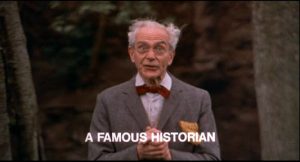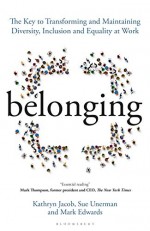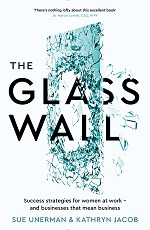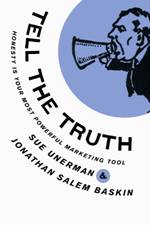 This throwaway comment, from the Grand Rory, gave me pause to think.
This throwaway comment, from the Grand Rory, gave me pause to think.
Biologists, really? Rory believes they best understand how the brain works. A biology graduate would have great expertise in the reptilian brain for instance, which helps to explain system 1 vs system 2 thinking that many consider crucial to predicting behaviour.
The very notion that the best planners are graduates of higher education is worth challenging as it is. I’ve worked with brilliant planners whose education was finished in the school of life.
If there is a debate about which university subject is best fit for a planner then we must consider maths. Sir Martin Sorrell’s remark that the advertising industry is populated by “math men not mad men” has been quoted frequently. Without a doubt a grasp of maths is essential. Even an understanding of the algorithm: this year’s explanation for nearly everything clever. Recently I’ve been surprised when I fired the once notorious entry level interview question that I was asked at a couple of very senior executives. They could only give me an approximation of the correct answer. (What is 70 percent of 7?).
Let’s not bring a degree in advertising into this. Rory’s point is around what non-vocational degree best suits.
Psychology trains you in what really motivates. English, Drama, Film studies help with crucial skills in storytelling. In our global economy a Geography degree will at least mean that you know what continent you’re being sent to in order to put out fires or to grasp a palm.
IMHO History gives you the best preparation for life as a planner. A student of history grasps how to interpret research and how to balance information from wildly different and subjective sources. They’ll understand the impact of new technology on civilisation (eg the printing press, often remarked on as the first time that tech allowed radical thoughts to be democratised to the masses). The role of celebrities in culture from Cleopatra to Mrs Simpson*. Politics, economics, king makers, revolutions, the power of the meme and how communication spreads. Good historians are curious about everything. Above all history gives you perspective and of course understanding of how important it is to learn from the past, the good, the bad, the successes and the mistakes.
*(Are you thinking: a) Marge; b) Edward VIII’s missus c) Fightstar’s lead vocalist’s mum ?)



Pitch rehearsals in the dark.
Monday, January 26th, 2015Kirsty Wark chaired the day with charm. Carolyn McCall never disappoints. She’s always great, either personally, where she is nothing but kind, nor professionally where she is always as impressive as her reputation. Sarah Sands talked about taking the Evening Standard from paid for to free – real step change in business model.
Orit Wolf opened the conference on the grand piano with an amazing Chopin performance. She then returned to the stage to talk to the audience about her experiences in her professional life. She is at the top of her profession, and it is always a joy to see someone perform at this level whatever their job. The passion is clear, whether a sportsman, an entrepreneur, a CEO, a marketer or as in this case a musician. (The agenda for the day included all of the above and more).
Orit spoke about when things go wrong, overcoming which she believed taught us most about how to reset the agenda (the overall theme of the day) and the importance of learning to improvise. One anecdote had her arriving, early in her career, to find that the piano she was expected to perform on lacked a key. The C sharp had come lose and was lying next to the piano. She instantly demanded a tuner to replace the key and repair the instrument. She was told that they didn’t work weekends. When she said that she couldn’t possibly go on with a missing key the man she was dealing with waved at the keyboard and pointed out that all the other keys were there – couldn’t she make do with them … There were so many of them and they were all intact. Orit called for superglue and improvised.
Things go wrong for all of us sometimes and yet we have a culture of rewriting history to make it look as if it all went smoothly – we work in marketing services after all.
Wolf suggests that we all write a cv of our failures. She is an advocate of practising with her eyes closed. It ensures that you really know your stuff. Pitch practices in the dark, without any IT and with someone throwing a curve ball in the room. Let’s do it.
Posted in MediaComment | No Comments »